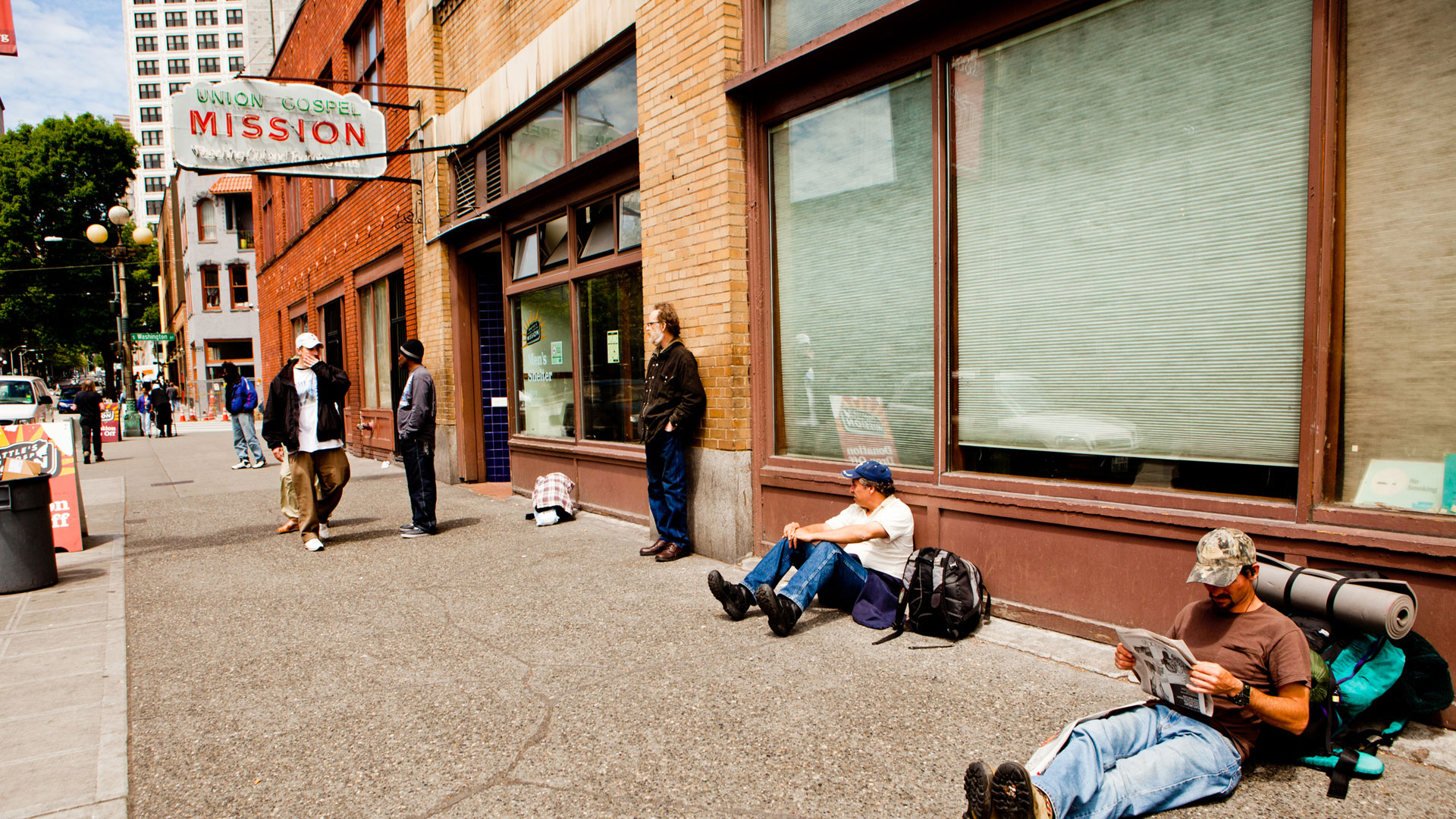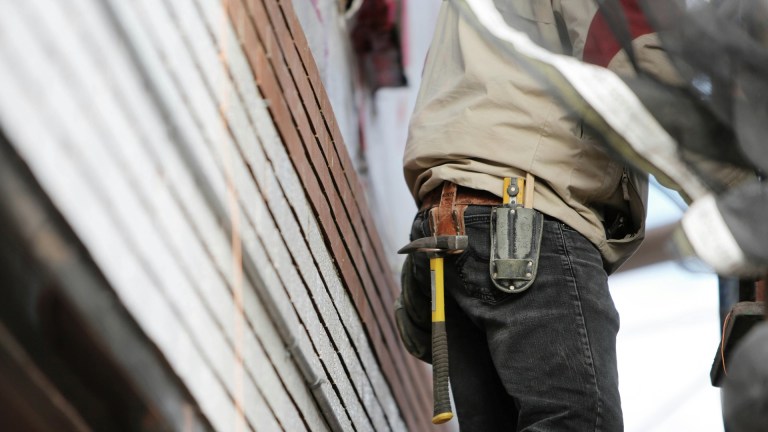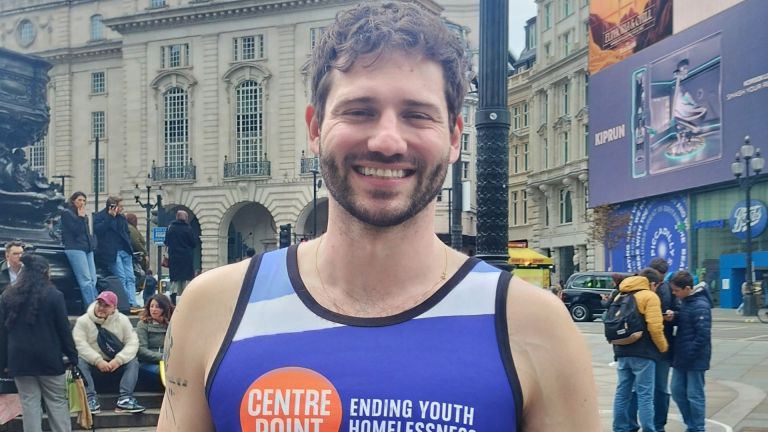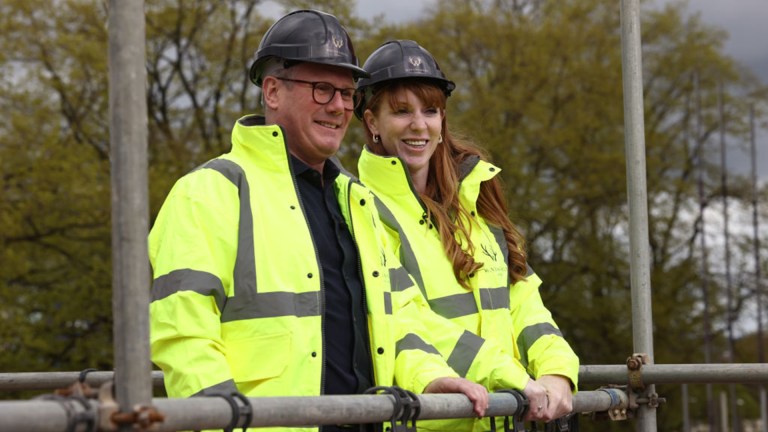“Most are veterans, have experienced homelessness,” she explained. “They check in every day: take newly-housed residents to the doctor, help with budgeting, eating, go with them to a ballgame.”
Thus, no homeless veterans in Phoenix.
“We don’t like to say that.”
But the mayor said…
“All of a sudden it’s gotten out of control, what the media’s been saying,” Pringle cut in. So is the claim that veteran homelessness has come to an end untrue? “In a transient population there will always be people coming in and out,” she admitted. “We like to say we’ve reached a point of functional zero, much like ‘full employment’ means four per cent are unemployed.”
Across town, Nicole Peña is weary. “Phoenix Rescue Mission is full every night,” said Peña, the Mission’s community outreach director. “People who have been given housing, including veterans, are back out on the streets. If you’re a drug addict in an apartment, pretty soon you’ll lose your apartment, and that cycle will continue. We’ve an 18-month programme to get people clean and sober before we try to find supportive housing.”
She predicted: “We’re going to be dealing with a lot of folks back on the streets. Now we have to worry about stigma, ‘Oh well, Bob didn’t stay in his house…’ We have yet to see the longevity of the system.”
Introducing RORA Jobs and Training
Whether you’re in work, currently unemployed, or worried about your future job security, Big Issue RORA Jobs & Training is here to help. Search our latest jobs, register for alerts, browse training courses and find your next role today.
Find out moreNevertheless, Mayor Stanton confidently asserted last December that Phoenix is now “a role model city for care.” That achievement, though, required federal government to dig deep: 78 per cent of the city’s funding for veteran homelessness came from federal grants. Veterans are eligible for HUD-VASH vouchers (the UK equivalent of housing benefit), as issued by the US Department of Veterans Affairs. And in a splurge of festive goodwill, the mayor committed $100,000 towards extricating the last remaining vets from the streets in time for Christmas.
How do things look for those who are not veterans? “That’s something we’re currently evaluating,” said Pringle, “focusing on resources already available.” But no one for a moment could deny veterans support. Twenty years ago I worked in St Martin’s, a homelessness shelter in Albuquerque, New Mexico, next door to Arizona. I
n the kitchen, before impassively carrying a battered Will Work For Food sign to the adjacent I-25, Luis Ortega would chat smilingly about anything: his (former) wife, his (estranged) children, his future hopes. Anything but Vietnam or getting over the horrors – and heroin habit – he found there. He was lovely but no less deserving than the others we served: a vast number of Latino homeless, out of all proportion to the local population, ditto Native Americans and black people. There are many holes in the US safety net.
In Utah, despite Mayor Ralph Becker’s pronouncement on the end of veteran homelessness in January, those on the frontline remain cautious. Elizabeth R Buehler, the Salt Lake City homeless services co-ordinator, said bluntly: “The fight is never over – we’re never going to reach 100 per cent reduction.”
The fight is never over – we’re never going to reach 100 per cent reduction
Utah’s state senate is 83 per cent Republican, the state house of representatives 81 per cent. Love of small government has endured for decades, so how is this explicitly interventionist policy playing politically? “We have a very compassionate community,” she explained. “Both the LDS [Mormon church] and Interfaith Roundtable have a very strong commitment to providing homeless services.” A big society, if you will.
Like Phoenix, the Veterans Administration in Salt Lake City has “a lot of resources”, according to Buehler. As for the next big push, housing children, families and young people, that’s another matter. “We’re having conversations,” was as far as she would be drawn.
Back in Phoenix, Nicole Peña acknowledged that, if not an end in itself, the mayor’s interest shone a light on the problem. “Unlike LA, where you drive down the street and see them, in Phoenix our homeless are hidden,” she said. “Another benefit has been a greater relationship with the police department. It’s no longer a punitive thing where you’re in a park, there’s no urban camping, and you’re arrested. Police are now bringing the homeless to us, doing assessments, working out plans, using criminal justice as a last resort. That’s a real positive.”
Whatever the true outcomes behind the bold headlines, America’s ambition cannot be faulted. If they say they will “end homelessness”, why can’t Britain?
Last week, government figures on homelessness slipped out almost unnoticed. They were negligible: year-on-year, 2013 saw a one per cent fall in England. This contrasts with a report from the Joseph Rowntree Foundation and Crisis in December, which found numbers increased for the last three years, in part because of housing shortages and benefit cuts.
Over the last 12 months government figures report a five per cent reduction in applications for help with homelessness. This, says umbrella organisation Homeless Link, is encouraging. But what happens to the more than half of applicants turned away?
“Prevention is always what’s needed,” said Homeless Link’s Steven Holland. “One of the patterns we’ve seen is that the biggest reason for people becoming homeless is their short-hold tenancies coming to an end. Yes, we’re housing more people, but we’re not housing them in any kind of secure, sustainable way.”
Since 2011, the Mayor of London’s No Second Night Out scheme, taking homeless people off the streets before they become entrenched, has helped 3,038 people find accommodation, and is rolling out across the country. But rough sleepers still die in winter on the streets of towns and cities. There is far to go.
So where is the UK’s grand plan? As the US demonstrates, vaulting ambition, even if it falls short, can engender positive change. We asked Kris Hopkins, Minister for Housing at Westminster, what he thought of their strategy. “I’ve not seen that, to be quite honest with you.” But he acknowledged: “There isn’t one individual problem out there. A range of interventions are required. Also, the good news is, the economy’s picking up.”
For the 185,000 people affected by homelessness in England, that is little comfort.
Being able to proclaim “an end to homelessness” in the UK – and the US – clearly remains a hope, rather than a certainty.









